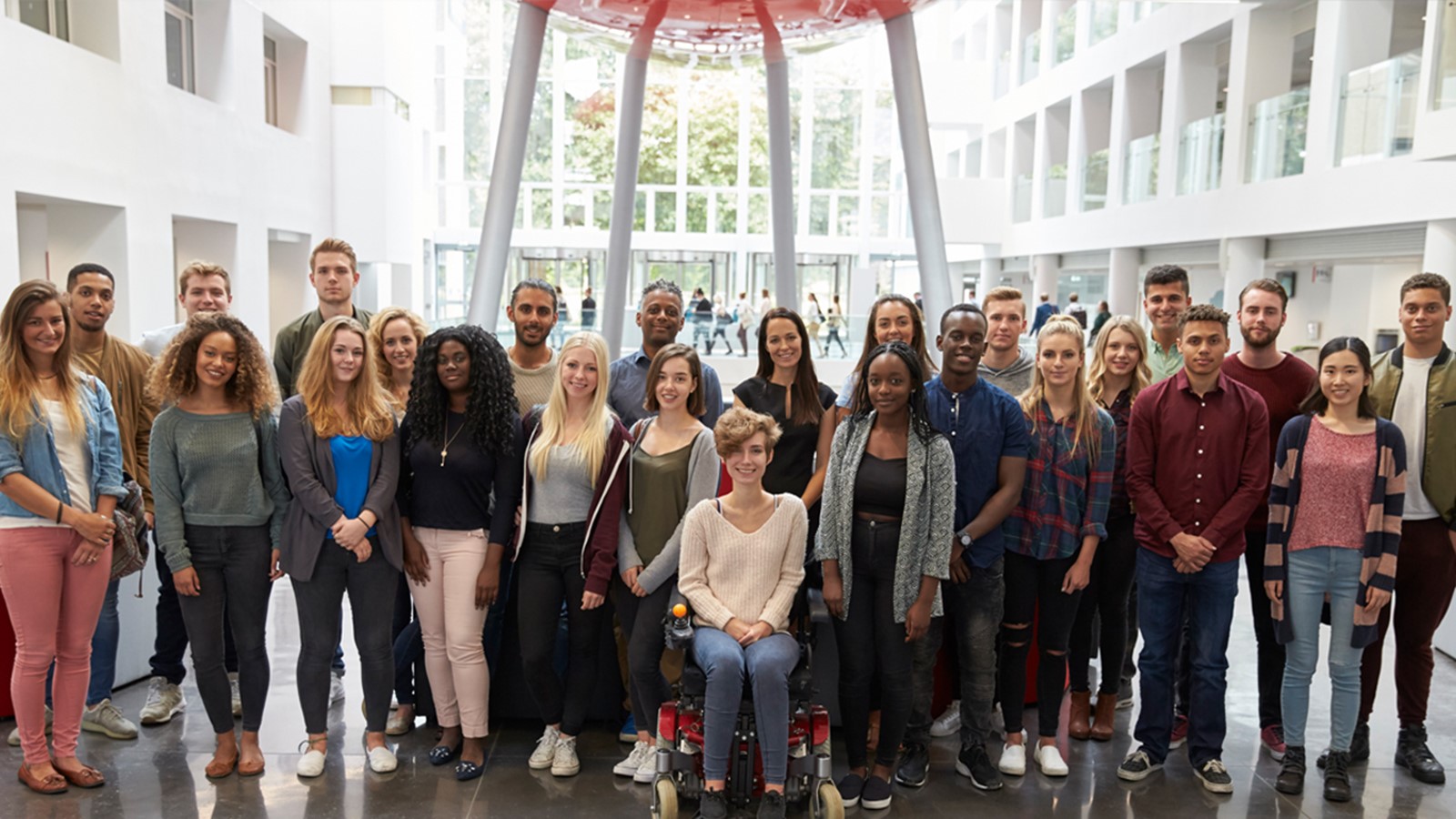In this section we'll look at filling in a funding bid for a small pilot project, for which the Social Response Cycle is designed.
You may have decided that you don’t want to have any financial input into your project(s). Even if that is the case, it's useful to write down a brief plan of what you intend to do and how you know you've achieved it.
You might find it helpful to fill in the following funding bid and try to align it with the phases of the Social Response Cycle in order to record your plans in a simple way.
Funding bid exercise
Use the template below (adapted from the application forms of various funding bodies) to flesh out your project and consolidate your thinking.
Sample funding bid template
- what is the name of your project?
- when would you like to begin your project?
- how long will it take?
- what would you like to do? You can write up to 300 words for this section. You may find the Social Response Cycle phases helpful (Section two), as indicated in the following prompt questions:
- what difference will your project make and how will you know if it has made the difference? (Evaluation phase)
- who will benefit from it? (Observation phase)
- how will people get to know about your project? (Response phase)
- how do you plan to learn from this project and use this learning to shape future projects? (The whole Social Response Cycle)
- how does your project involve your community? (200 words)
- (Observation and Response phases) You may want to talk about how you discussed what you observed with individuals in the community and maybe with the steering group of your organisation. You may have used a brief form of consultation by, for example, holding an open day or meeting with an existing local group to see what they thought of your proposed project.
- how much will the project cost? (if applicable)
- provide an itemised list of costs, for example, office supplies, staffing costs, venue hire, insurance.
- you can apply for up to £8,000
- tell us about the people who will be running your project
- who will be running and delivering the project? Please provide the names of each person and a list of their qualifications, skills and experience which make them particularly suitable to be taking on this role. (You may want to refer back to the exercise you completed in Section two, where you assessed your motivations, skills and aptitudes for this kind of work and identified people who would bring skills to the project which you lacked.)
- what are the possible ethical and practical risks involved with this project? (200 words)
- tell us how you have identified the risks and what steps you've taken, and will take, to minimise them?
- you might like to include here your ethical rationale for trialling a pilot project quickly, rather than conducting a lengthy feasibility study, as discussed in Section three on resourcing. You may also want to talk about the tensions between the role of therapist and entrepreneur, as discussed in Section two, and how you've found ways to manage them in order to manage ethical risk. You may also want to include your assessment of risk with regard to the potential for failure of the project, as discussed in Section three, and your plans to minimise waste.
Download
Summary
In this section, you had the experience of completing a draft funding application for your pilot project in line with the different phases of the Social Response Cycle. As well as applying it to funding proposals, you've had the chance to try using the Social Response Cycle as a planning tool for your pilot project.
